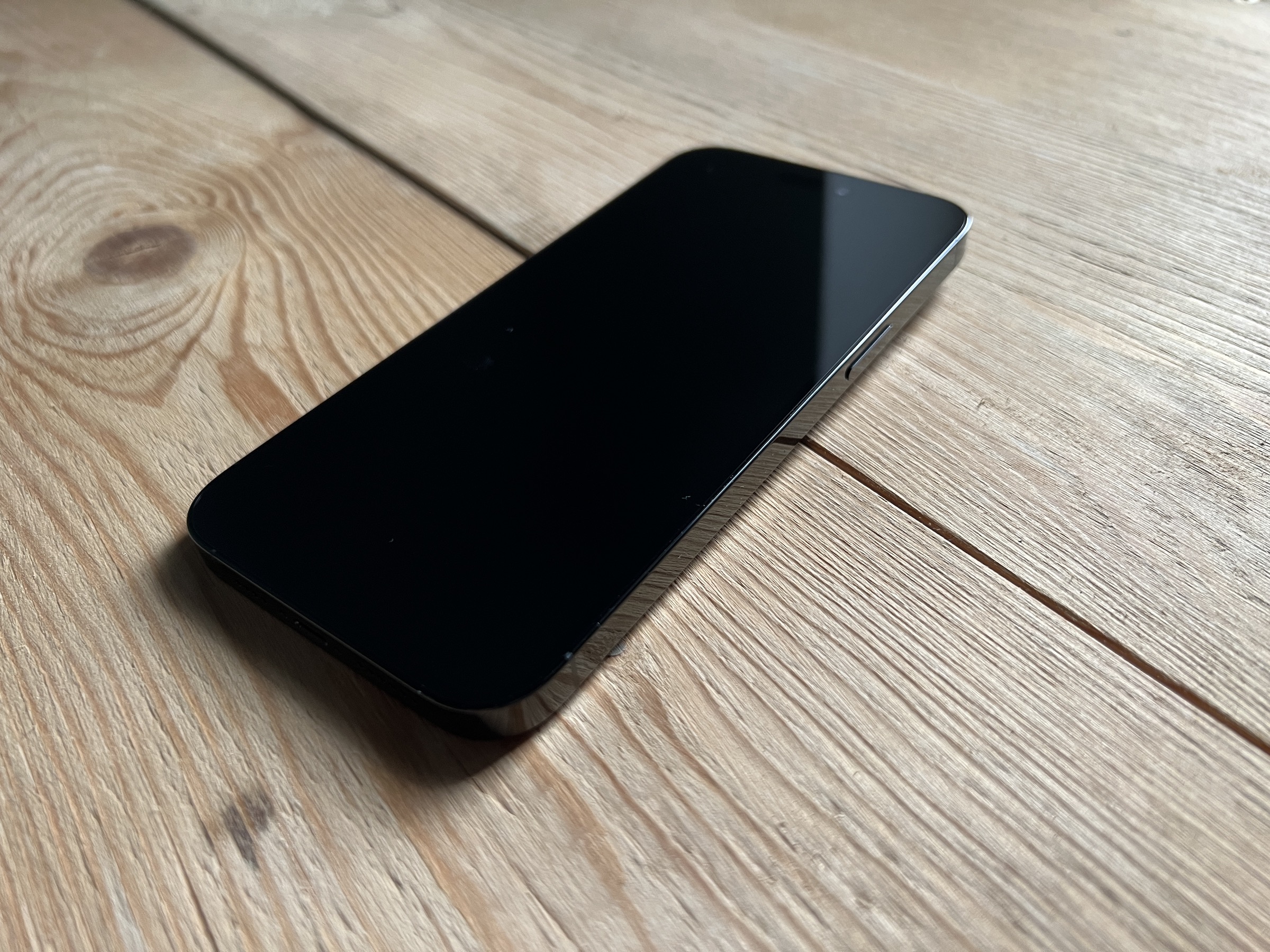Although China has a large labor force, on the other hand, there is a communist regime and the workers there are often exploited and are not treated exactly according to European standards. Another country, another way of life. But will Apple help itself by moving everything it can to India?
The Wall Street Journal said that Apple is accelerating its plans to expand its manufacturing outside of China. And that's certainly reasonable. Factories there, especially those that assemble iPhones, have been repeatedly disrupted by the disease COVID-19, and China's strict policy to eradicate the virus has led to closures. This is primarily why the iPhone 14 Pro won't be available for the Christmas season. The protests of the local employees also piled up on this, and the delivery times thus stretched out disproportionately.
It could be interest you

The aforementioned report states that the main areas where Apple wants to "go" are India and Vietnam, where Apple's supply chain is already present. In India (and Brazil) it mainly produces older iPhones, and in Vietnam it produces AirPods and HomePods. But it is precisely in the Chinese Foxconn factories that the latest iPhone 14 Pro is produced, i.e. the product that is most in demand from Apple.
Moving iPhone production out of China is a complicated process that will take a long time, so if you're partial to the company's new professional phones, they definitely won't be labeled Made In India just yet. The manufacturing infrastructure and large, and above all cheap, workforce that China offers is hard to find anywhere else. Importantly, however, Apple is expected to export up to 40% of China's iPhone production to other countries, not all of it, ostensibly diversifying its production.
It could be interest you

Is India the solution?
According to the new information she brought CNBC, Apple also wants to move iPad production to India. Apple wants to do so in a plant near Chennai, the capital of the Indian state of Tamil Nadu. India certainly has plenty of manpower, and probably doesn't have such a strict covid policy, but the problem is that it will again be largely dependent on one country (already 10% of iPad production comes from there). Of course, this also concerns the qualifications of the employees, whose training will take some time in this regard as well.
With the exception of older iPhones, whose popularity naturally declines with the introduction of new ones, the iPhone 14 is also produced here, but only from 5% of global production. Moreover, as is known, there is not much interest in them. The best solution for Apple would simply be to start expanding its plant network outside of China and India, where the home market is directly offered. But because he simply doesn't want to be paid for the work that needs to be done to make his device, and only cares about margin and revenue, he's running into these very problems that are causing him to lose billions of dollars a week on the lack of iPhone 14 Pro.
 Adam Kos
Adam Kos 































